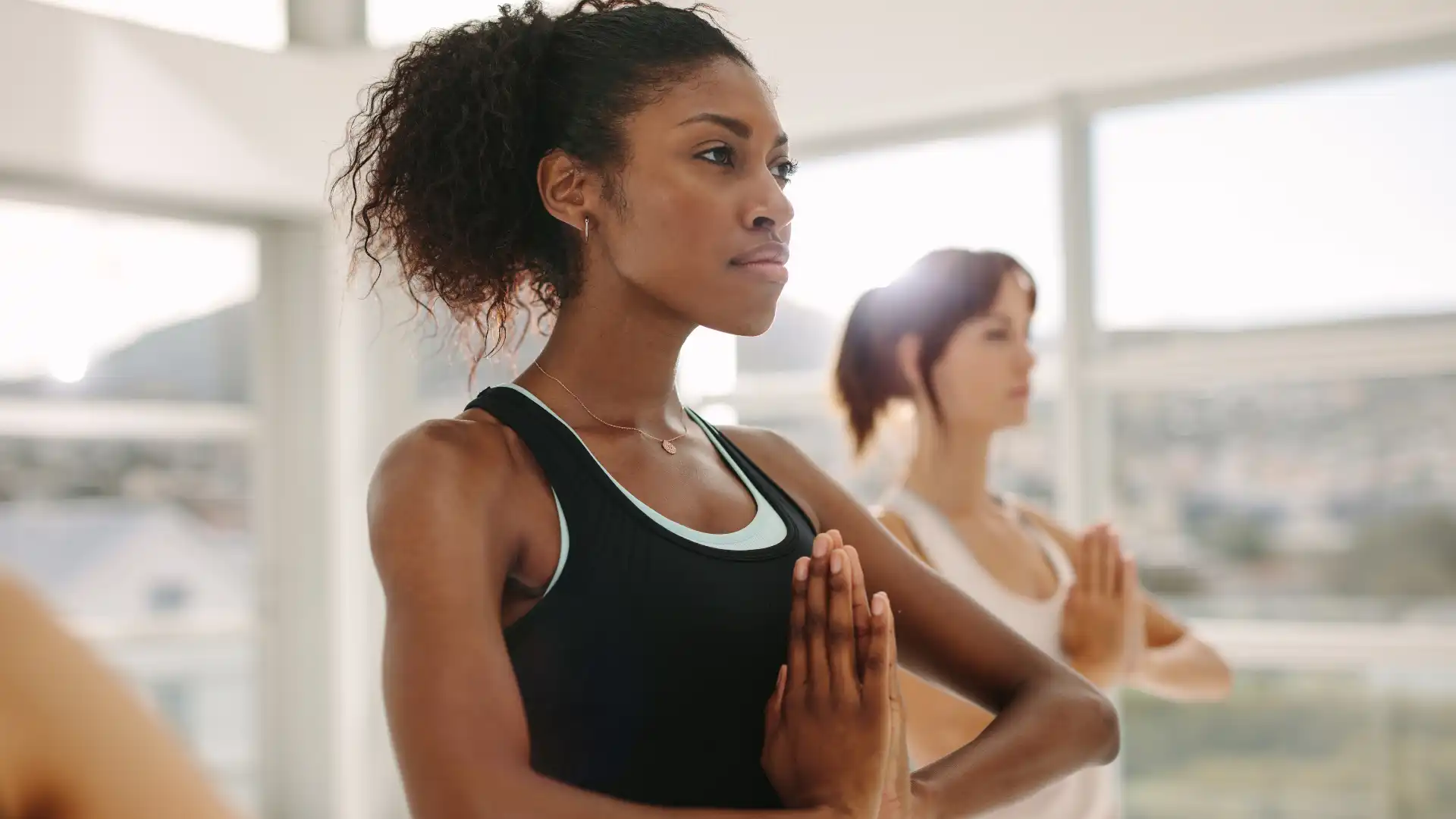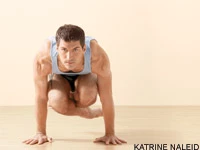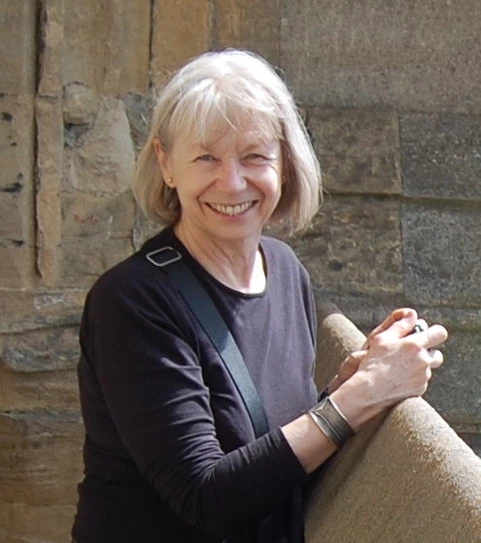Feel Powerful: How Yoga Builds Your Inner Strength

Ever walk out of a chest-opening yoga class feeling like you could take on the world—in the most friendly way possible, of course?
You might think that feeling is just an obvious physical result of what you’ve been doing. If you expand your chest, you feel better. But new research says it’s more than that. 
Amy C. J. Cuddy, a social psychologist at the Harvard Business School, recently published a study in which she found that “holding a pose that opens up a person’s body and takes up space will alter hormone levels and make the person feel more powerful and more willing to take risks.” The opposite is also true: “Constrictive postures lowered a person’s sense of power and willingness to take risks.” (1)
The whole report, “Want to be more powerful? Acting like it will make it so” is well worth reading. In brief, the hormones that changed were testosterone, which is associated with dominance, and cortisol, sometimes called “the stress hormone,” which can be chronically elevated in people with low status. Excess cortisol has been linked to negative health consequences.
The subjects in the study weren’t doing yoga. They spent one minute sitting in a chair in front of a desk, with feet resting on it and hands clasped behind the head.
Then they stood in a pose I fondly call “the McRanor,” after a newspaper editor I worked for who used it to great effect. You lean forward, arms spread, hands resting on a table. This makes it crystal clear who is the biggest monkey in the room.
In order to keep the research untainted by the subjects’ knowledge of what was going on, they were told that the object was to find out how the placement of electrodes above and below the heart could influence the collection of physiological data.
Yoga Poses and Embodiment

With few exceptions, yoga poses demand a long spine and a broad, open chest. To do them well, we have to take up space. And those exceptions, the poses that call for a rounded back, are hand balancings like Lolasana (Pendant Pose). (photo right)
Execute that one well and you’ll feel powerful, rounded back or no. There’s no question that over time, the expanded posture we create in yoga influences how we feel.
Cuddy’s research is part of a growing field of psychological research called embodiment. As Wynne Parry, who reported on the study for MSN Today describes it:
“The basic idea is that the mind/body relationship is not a one-way street, with the mind giving orders for the body to carry out. Rather, the body also influences the mind.” (2)
No! Really?
For anyone who penetrates yoga past the “good workout” stage, one of the fascinations of practice is how subtle and profound the body’s influences can be.
And when you find yourself feeling downtrodden or powerless? You know what to do. Assume the McRanor if you must, or, if you’re near your mat, try Warrior II and then see how you feel.
Do you have a power pose? Or a peace pose? I’d love to hear about it.
Image above right by Irene Nobrega, Flickr Creative Commons
Reprinted with permission from Eve Johnson’s myfive-minuteyogapractice.com.

EVE JOHNSON is a certified Iyengar Yoga teacher with 18 years of teaching experience. Since 2016, she has been exploring Spinefulness, a postural system based on the work of Noelle Perez-Christiaens, one of BKS Iyengar’s first western students and the author of Sparks Of Divinity. Eve especially values Spinefulness for the presence and ease it brings to yoga postures and to everyday life. She teaches at Yoga on 7th, in the South Main neighbourhood of Vancouver, Canada.
Resources
(1,) https://dash.harvard.edu/handle/1/9547823
Cuddy, Amy J.C., Caroline A. Wilmuth, and Dana R. Carney. “The Benefit of Power Posing Before a High-Stakes Social Evaluation.” Harvard Business School Working Paper, No. 13-027, September 2012.
(2.) http://www.nbcnews.com/id/39505983/ns/health-behavior/t/want-be-more-powerful-acting-it-will-make-it-so/#.W-g_S3pKjOQ


